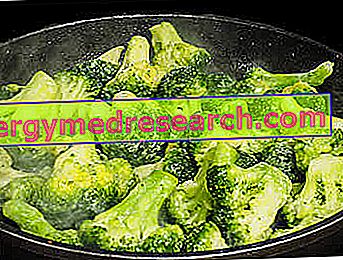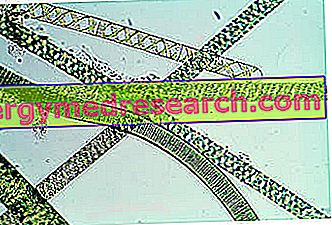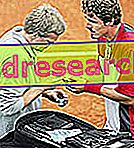The Anglo-Saxon term phytochemicals derives from "fitoalessine", substances of vegetable origin produced by plants to defend themselves from parasitic attacks. Resveratrol, a well-known antioxidant in wine, is a phytolaxin, produced by the plant with the aim of protecting itself from solar radiation and fungal attacks.

COMPOUNDS WITH POTENTIAL ANTICANCEROGENE ACTIVITY PRESENT IN FOOD OF VEGETABLE ORIGIN
Groups of compounds and their food
- Carotenoids: Yellow and orange fruit and vegetables, and dark green vegetables with large leaves
- Ditioltioni: Crucifera or brassicaceae
- Glucosinolates / indoles: Cruciferae or Brassicaceae
- Isothiocyanates / thiocyanates: Cruciferae or Brassicaceae
- Cumarine: Vegetables and citrus fruits
- Flavonoids: Most fruit and vegetables
- Phenols: Most fruit and vegetables
- Protease inhibitors: Seeds and legumes, especially soy
- Phytosterols: Vegetables
- Isoflavones: Soy
- Saponins: especially soy
- Inositol hexaphosphate: especially soy and cereals
- Allicin compounds: onion, garlic, leeks and bulbs
- Limonene: Citrus fruits
The mechanisms by which phytochemicals could perform their function are:
1. Induction of detoxifying enzymes
2. Inhibition of nitrosamine formation
3. Substrate for the synthesis of anticancer substances
4. Dilution and seizure of carcinogens in the digestive tract
5. Modification of hormonal balance
6. Strengthening of the antioxidant action
Among the food components whose role at the gastrointestinal level is now sufficiently demonstrated to allow the use of functional claims, and in some cases of health claim, include some carbohydrates (fiber), non-digestible oligosaccharides (prebiotics) and some strains of microorganisms (probiotics).



